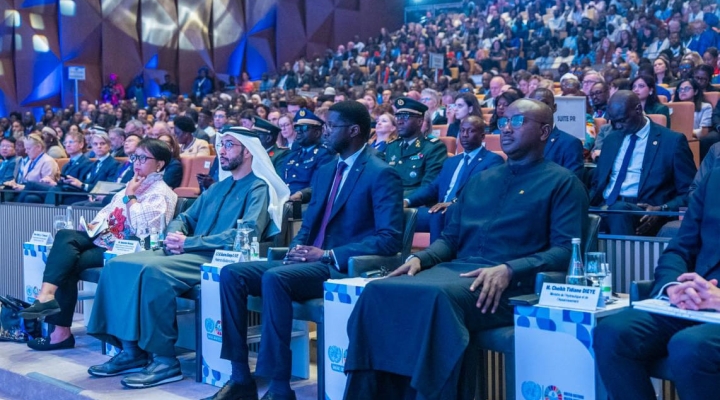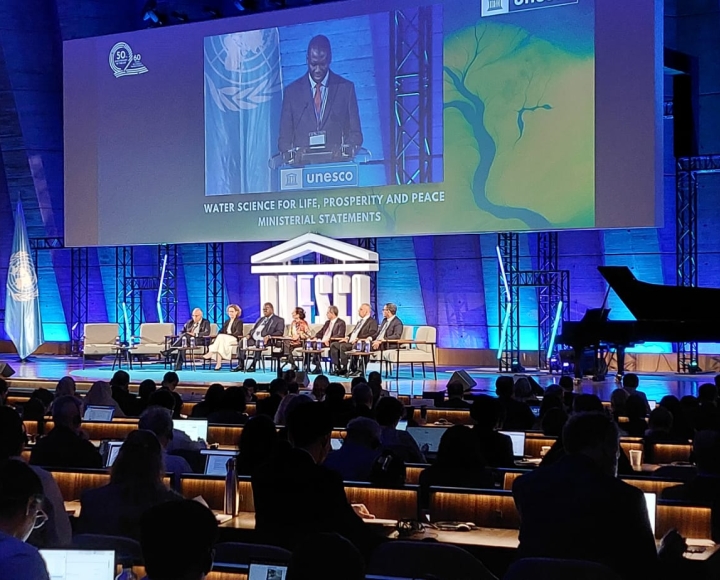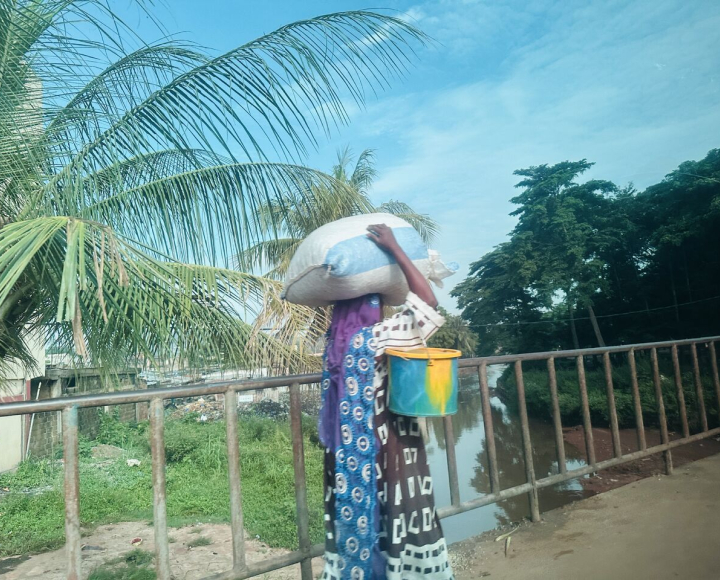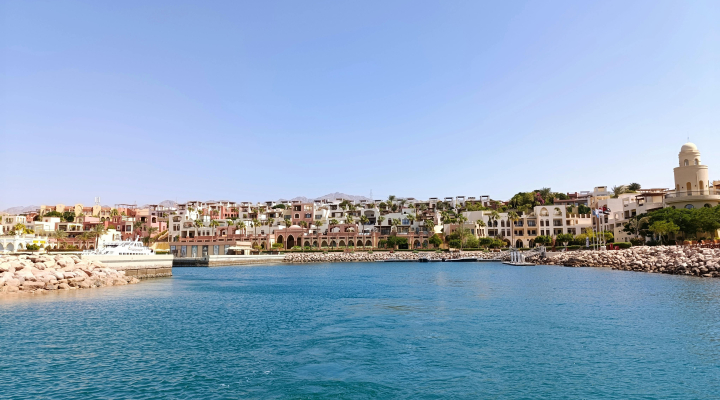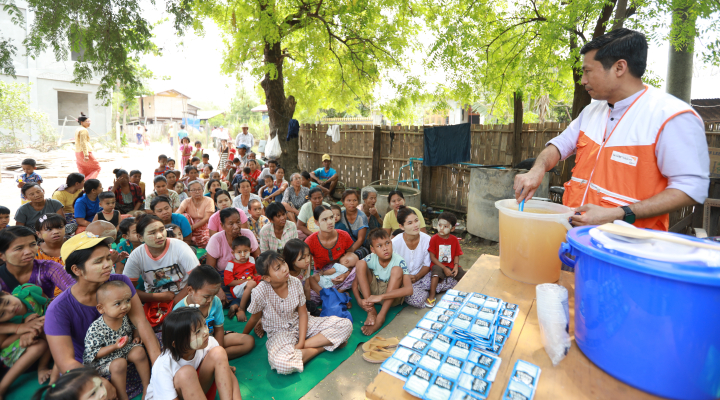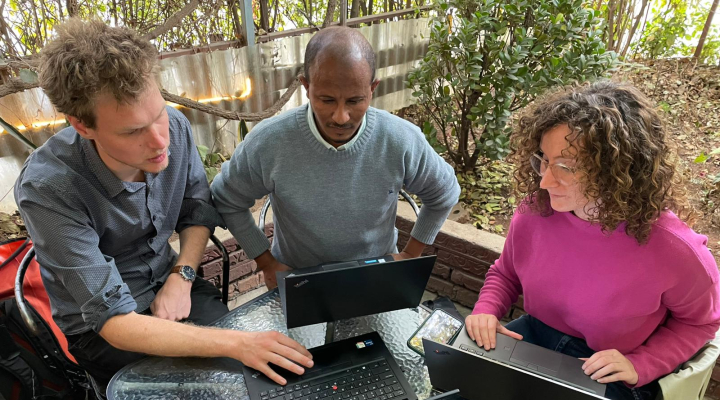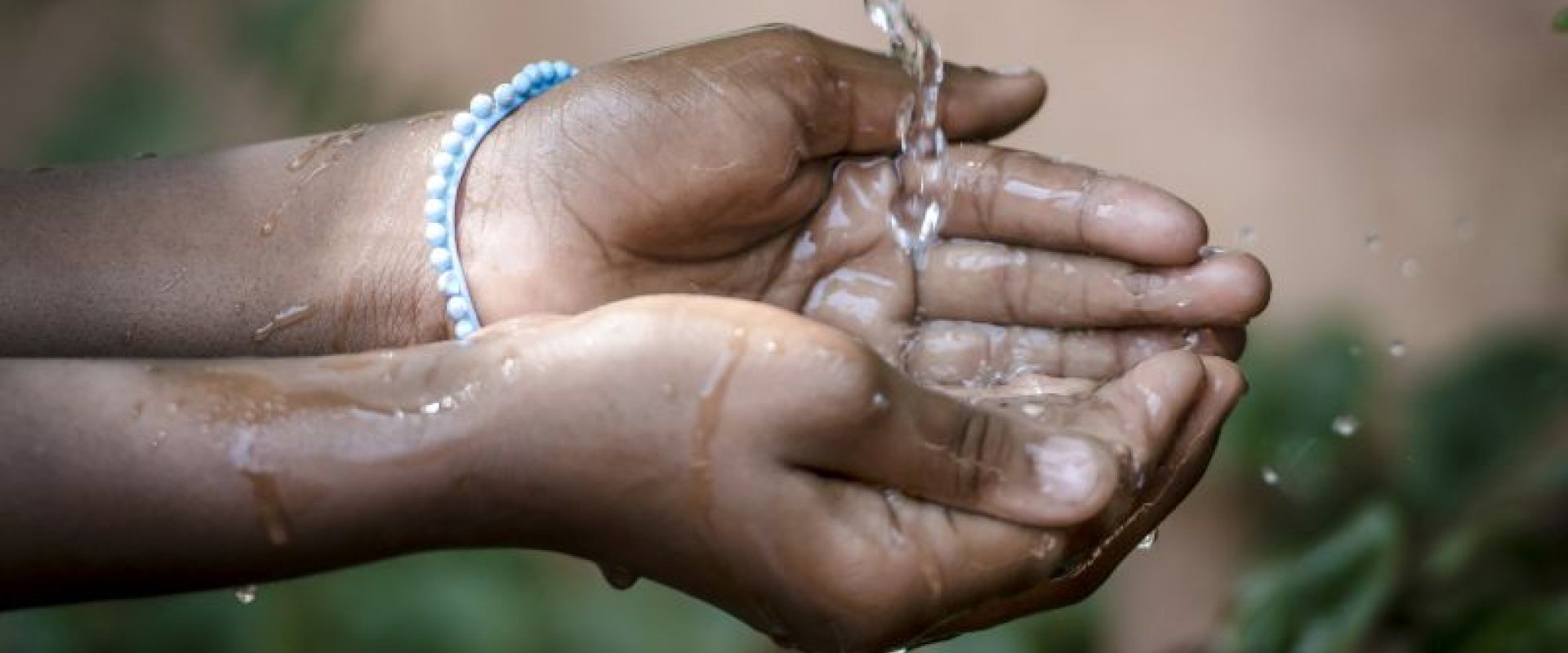
Push forward for SDG6 on water
The United Nations launched the SDG6 Global Acceleration Framework to speed up action to achieve the goals of Sustainable Development Goal #6 by 2030.
Eleven leaders of UN organisations expressed their commitment to the acceleration packaged during a UN Water webinar on 9 July. Dutch minister Cora van Nieuwenhuizen advocated to use Covid economic support packages to enhance the world's climate resiliency.
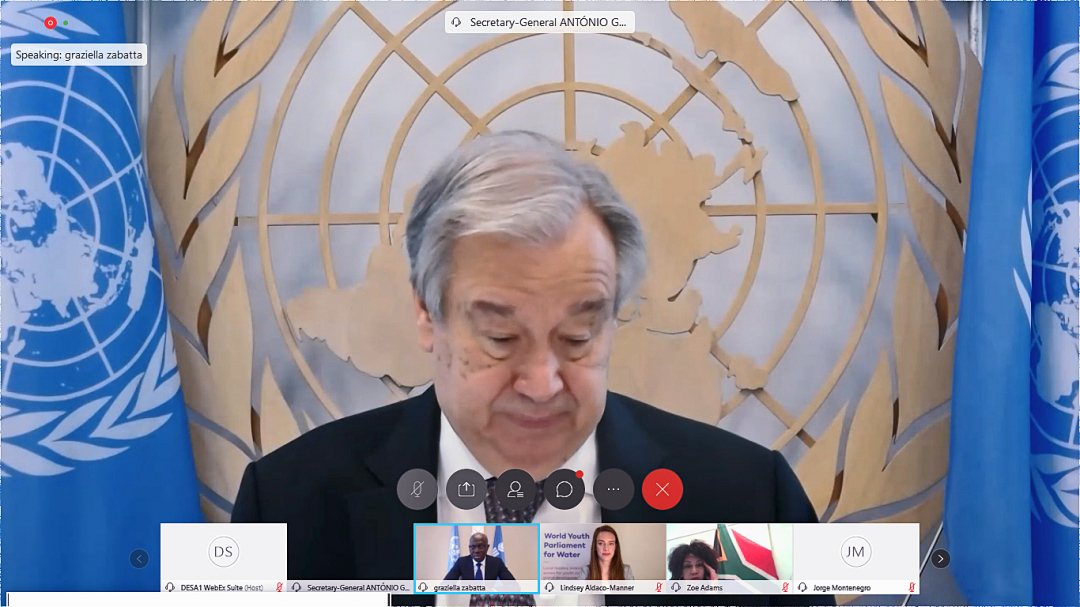

Lagging behind
According to UN Water, the global access to safe water services progresses only 1 percent per year, however, at least 3 percent increase is needed just to ensure everyone has basic services by 2030.
To speed up the progress 30 UN organisations got together under the umbrella of UN Water and developed the SDG6 Global Acceleration Framework on collective action.
Several leaders of these UN organisations endorsed the push forward during the webinar that marked the launch of the framework.
The organisations included: FAO (Food), WHO (health), Unesco (knowledge), UN habitat (urbanisation) and OHCHR (refugees).
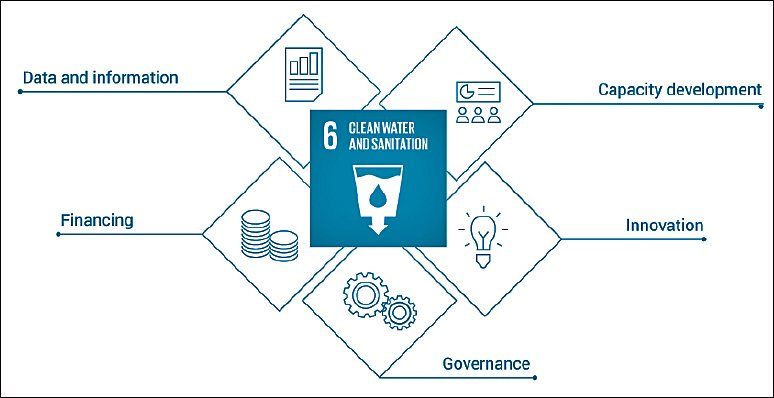

Five pillars
The framework aims at the support of countries in their efforts to create access to water at national level. It focuses on five specific topics:
● Financing: more coordination and better targeting of existing and potential resources and mobilisation of additional domestic and international funding fully funded.
● Data and information: improve information on SDG6 indicators and deepen disaggregation and analysis, especially for vulnerable, marginalized and disadvantaged groups.
● Capacity development: more attention to education, training, attracting and retaining the skilled workforce and staff to deliver WASH-services.
● Innovation: leveraging disruptive technologies for smart water management and creating an enabling environment for new, sustainable solutions at national level.
● Governance: taking leadership to coordinate effective actions by institutions, communities and water user groups, including other SDG areas such as health, education, agriculture, social development, environment, energy, gender and climate.
Important endorsements
Participants of the webinar to launch the UN SDG6 Water Acceleration Framework watched several leaders of UN organisations endorse the push forward that marked the launch of the framework.
The endorsements are important as the global water community cannot achieve SDG6 on its own. The use and management of water is a crucial factor in many other sectors, such as agriculture, energy production, nature conservation and spatial planning.
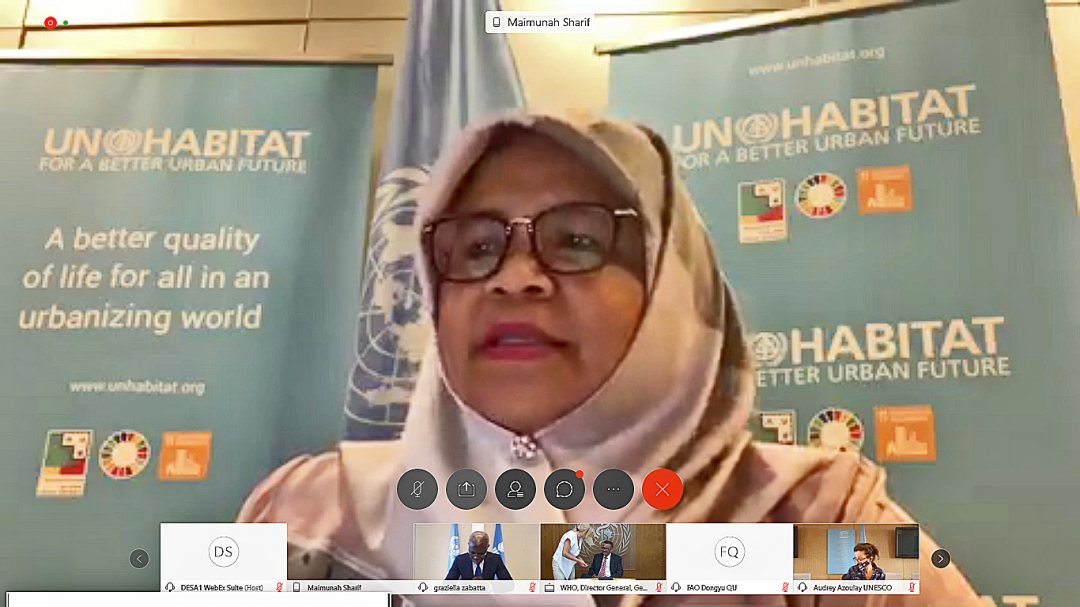

Stronger water utilities
Executive director Maimunah Mohd Sharif of UN habitat plead for stronger water utilities to enable them to fight Covid and improve WASH-services, especially in slum areas. She called for a different approach, changing from ‘just-in-time’ (production aimed at what is needed only) to a ‘just-in-case’ (production that is flexible to meet changing demands).
Director-general Tedros Adhanom Ghebreyesus of the World Health Organisation mentioned the importance of having safe water at home. ‘Washing hands is one of the most effective ways to stop the Covid virus from spreading. Yet, three billion people lack access to water and soap in their homes.'
Ghebreyesus expressed his full support to the acceleration and referred to the initiative ‘Hand Hygiene for all’ that has been launched on 20 June to address the lack of basic handwashing facilities.
Executive secretary Olga Algayerova of the UN Economic Commission for Europe (UNECE) highlighted the importance of integrated water resource management as part of SDG6.5. ‘So far only 17 countries have filled their first reporting under SDG6.5’, she noted.
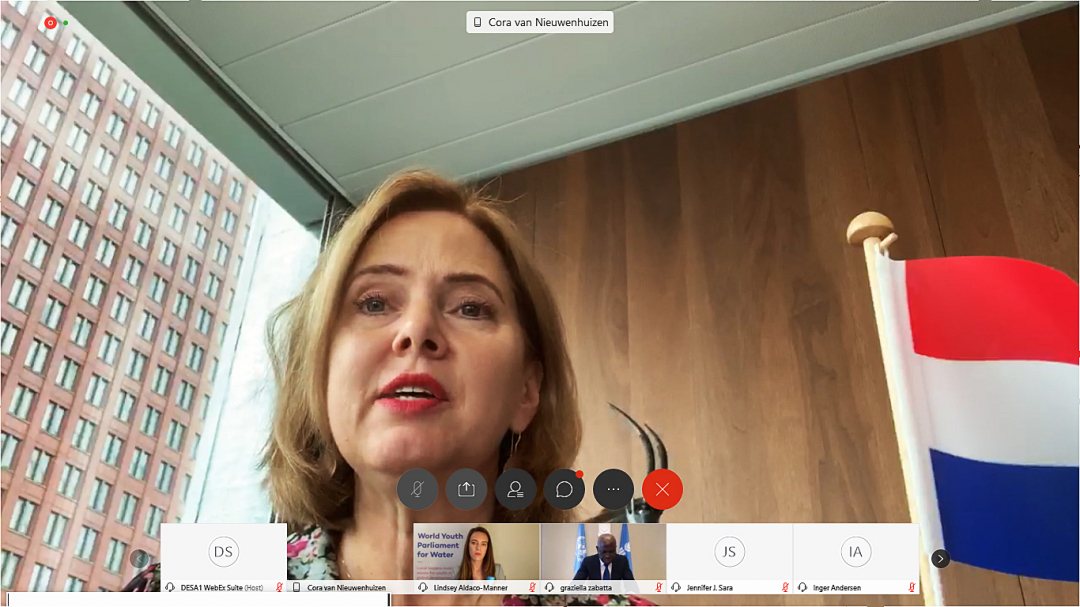

Economic support packages
Dutch minister of infrastructure, Cora van Nieuwenhuizen contributed to the webinar, advocating for more investments in climate resilient infrastructure. ‘The world is on the verge of spending trillions of dollars to boost economies to recover from the Covid pandemic. We have the choice between investing this money for the long term resiliency of our societies, or wasting it on short term quick wins’.
Van Nieuwenhuizen also endorsed the acceleration framework for SDG6 and reconfirmed the Dutch support to scale up solutions for climate adaptation. She referred to the Water action track as developed by the Global commission on adaptation. ‘Its results will contribute to the UN decade of action and the SDG6 acceleration framework’, she said.
Read the full report SDG 6 Global Acceleration Framework.




